Blade Runner Is Still a Profound Exploration of Humanity
"Blade Runner" (1982), directed by Ridley Scott, weaves a visually stunning tale of humanity and artificiality, earning an 8.1/10 rating.
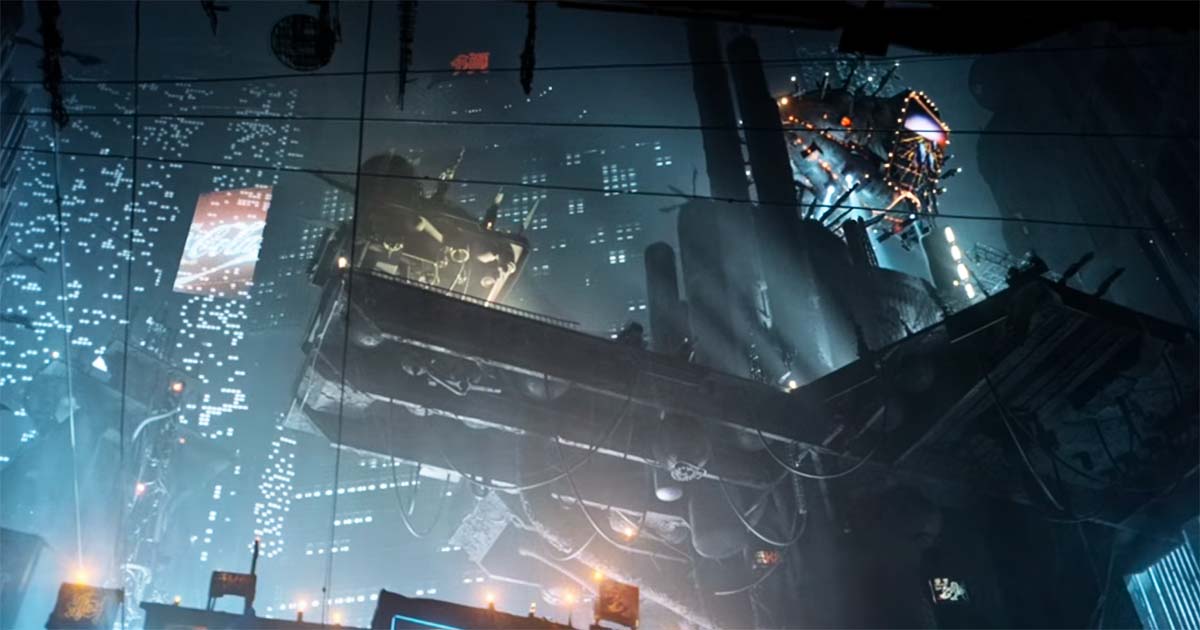
In "Blade Runner," released in 1982, director Ridley Scott delivers a defining piece of science fiction. The screenplay, written by Hampton Fancher and David Peoples, sets the stage in a dystopian Los Angeles of 2019.
Harrison Ford plays a blade runner tasked with hunting down replicants—artificial beings designed to look and act like humans. Based loosely on Philip K. Dick's novel "Do Androids Dream of Electric Sheep?", the film creates a visually compelling world marked by neon lights and constant rain. The story explores key questions about what it means to be human, while grounding itself in a detailed and immersive setting.
When "Blade Runner" first came out, viewers responded in different ways. Many admired the film's striking visuals and complex themes, while others found it slow and lacking in action. Over time, however, its impact grew, and it became recognized as both a visual triumph and a profound exploration of what it means to be human.
The contrast between humanity and artificial life stands at the core of the film, pushing viewers to question their own understanding of existence, memory, and empathy. As we look at "Blade Runner," we find a layered narrative that challenges the boundary between creator and creation, leaving a lasting mark on both cinema and culture.
| Attribute | Details |
|---|---|
| Title | Blade Runner |
| Director | Ridley Scott |
| Writer | Hampton Fancher, David Webb Peoples, Philip K. Dick |
| Actors or Actresses | Harrison Ford, Rutger Hauer, Sean Young |
| Rated | R |
| Runtime | 117 min |
| Box Office | $32,914,489 |
| U.S. Release Date | 25 Jun 1982 |
| Quality Score | 8.1/10 |
Synopsis
The plot of "Blade Runner" centers on Rick Deckard, portrayed by Harrison Ford, a retired blade runner called back into service to track down a group of replicants who have illegally returned to Earth.
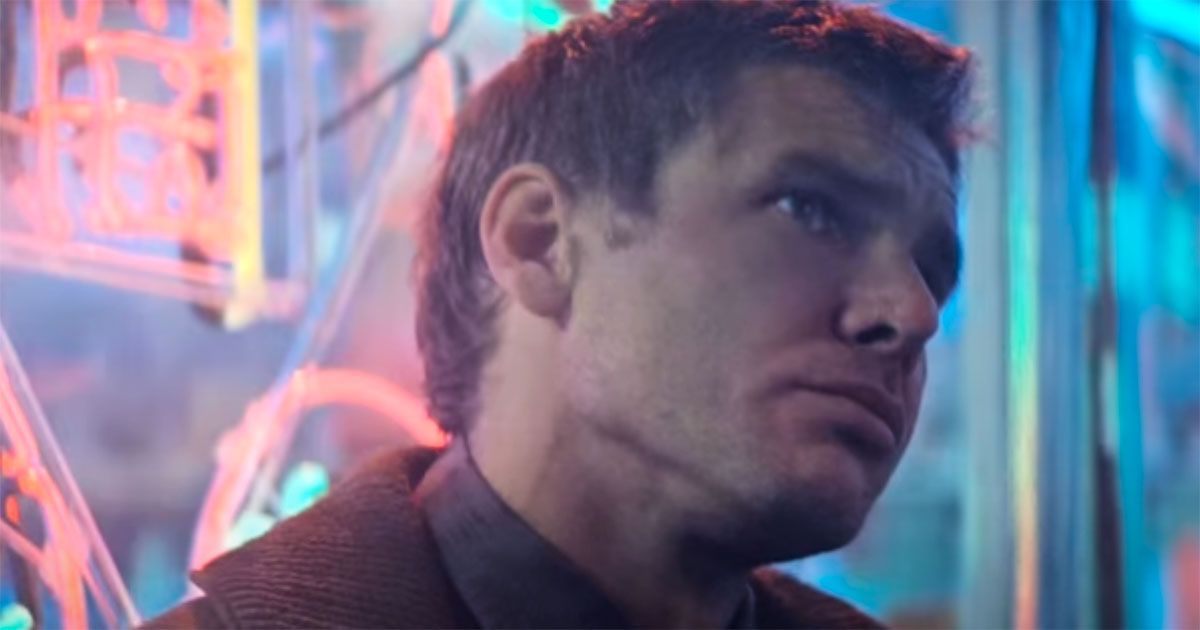
These replicants, led by the intense and enigmatic Roy Batty, played by Rutger Hauer, seek a way to extend their artificially limited lifespans. As Deckard embarks on his mission, he confronts not only the physical challenges posed by the replicants but also the moral dilemmas inherent in his task.
Deckard's journey leads him to Rachael, a replicant portrayed by Sean Young, who believes she possesses human memories and emotions. Their burgeoning relationship complicates Deckard's mission, as he grapples with increasingly ambiguous questions about identity and consciousness. The film's climax engages viewers in a dramatic confrontation, ultimately challenging Deckard's own understanding of humanity.
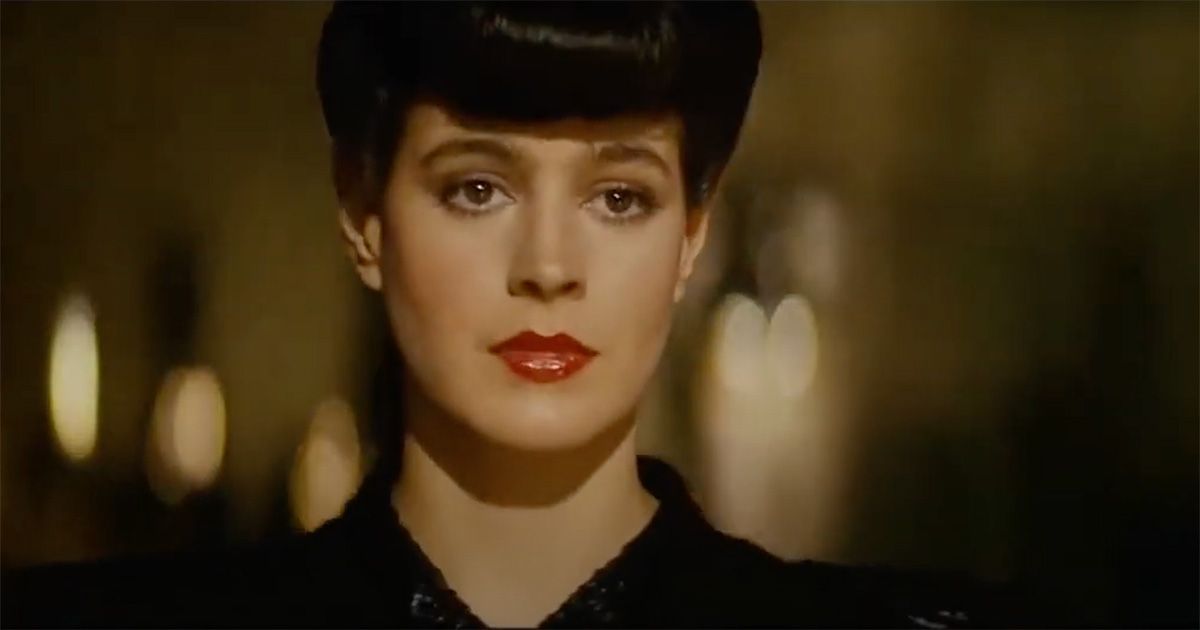
As the story unfolds, themes of memory, empathy, and the essence of life intertwine, culminating in a thought-provoking reflection on the moral responsibilities of creators toward their creations. "Blade Runner" invites audiences to contemplate the implications of人工智能 and the nature of existence itself, thereby establishing itself as a hallmark of cognitive engagement within the science fiction genre.
Themes
The experience of watching "Blade Runner" is akin to stepping into a hauntingly beautiful dreamscape, one where the line between light and shadow blurs, and the intense questions of existence echo in the spaces between the thunderous rain.
Ridley Scott's visual language establishes an immersive world, characterized by sprawling cityscapes, flickering neon signs, and a palpable sense of loneliness that pervades its dystopian future. The film's cinematographic mastery, led by Jordan Cronenweth, accentuates both the bleakness and allure of this future, inviting viewers to delve deeper into its visceral atmosphere.
At the heart of "Blade Runner" lies a deep-seated exploration of humanity's essence, deftly encapsulated through the troubled figures of both the blade runner and the replicants. As Rick Deckard navigates the gritty underbelly of Los Angeles, each encounter with the replicants—each an embodiment of human-like desire, fear, and aspiration—forces him to confront the very nature of his mission.
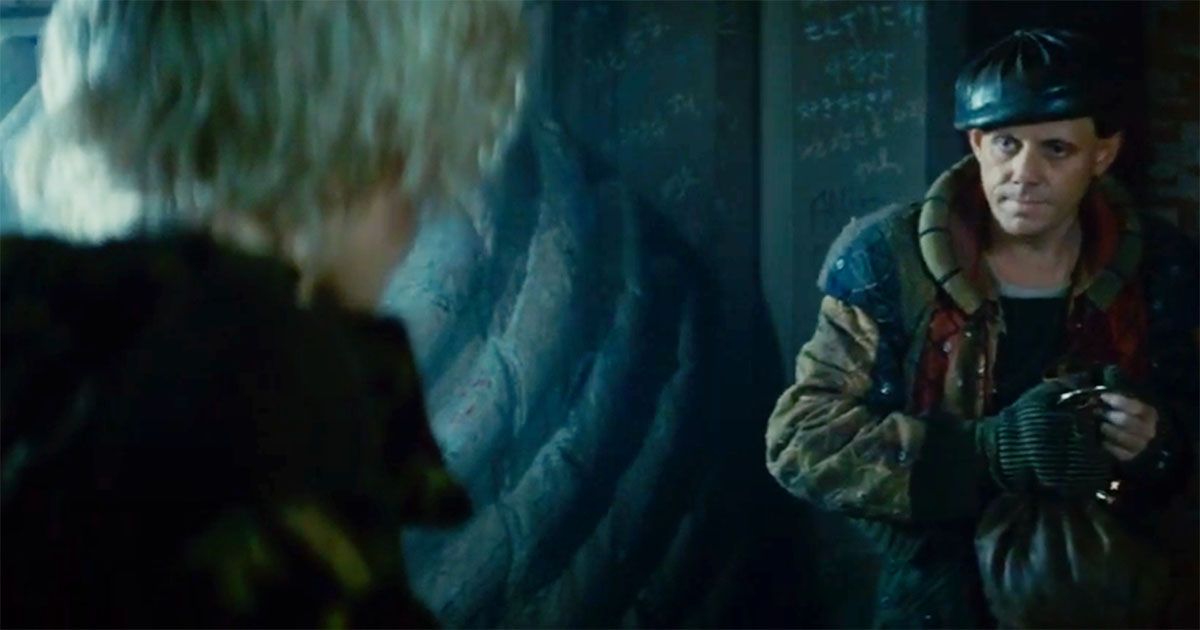
The replicants, portrayed with striking complexity, evoke sympathy and curiosity. Viewers witness their struggles for identity and purpose, compelling us to reevaluate what it means to be alive, to possess a soul, or to feel. The thematic interplay between creator and creation runs throughout the film, illustrated by the dynamic between Deckard and Rachael, whose desire for life and love is equally fraught with conflict.
The issue of memory emerges as a vital component of the film's thematic tapestry. Rachael's character, created with the memories of a human, forces the viewer to ask unsettling questions. What role does memory play in defining a person? Can memories fabricated for the sake of a replicant provide true emotional depth?
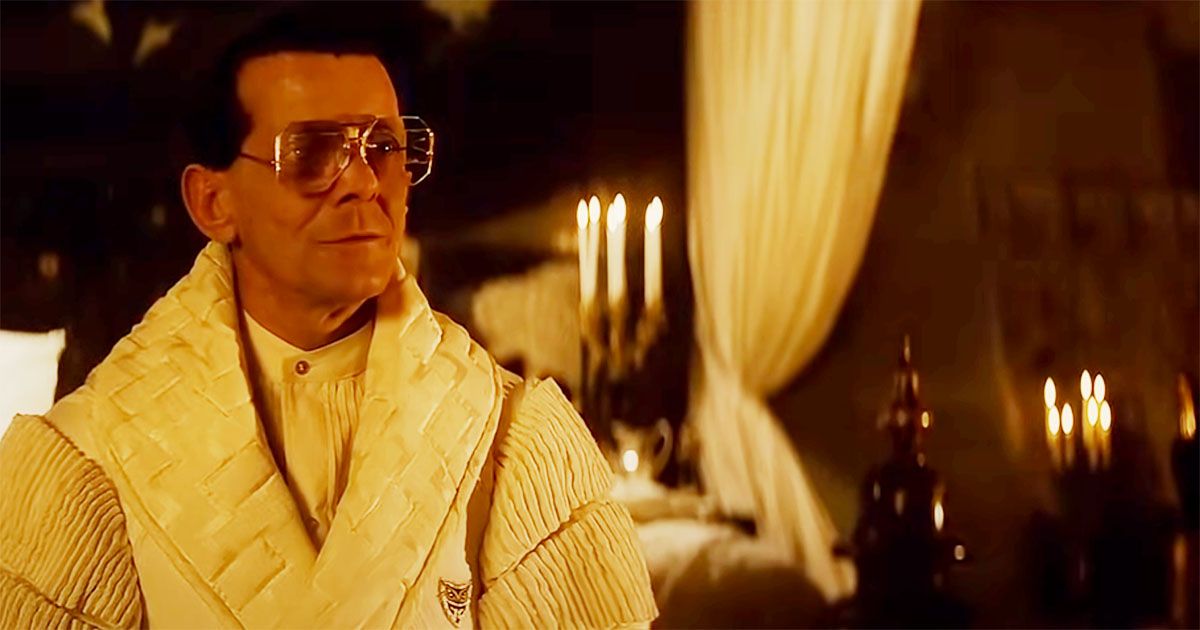
The poignant scenes between Rachael and Deckard compel the audience to ponder how memory shapes our understanding of ourselves and others. As the line between artificial and genuine emotion becomes increasingly indistinct, "Blade Runner" insists that experiences, regardless of their origins, are fundamentally human.
Moreover, the film's soundscape plays an indispensable role in crafting its emotional weight. Vangelis's evocative score—a blend of haunting synths and orchestral elements—immerses the viewer in a world that feels both futuristic and timeless. Each note enhances the film's melancholy tone, reinforcing themes of loss, longing, and the ephemeral nature of existence.

The environmental sounds envelop viewers in the rain-soaked streets, the distant echoes of corporate announcements, and the low hum of technology, further emphasizing the character's isolation amid an ambiguous sea of humanity and artificiality.
Ultimately, "Blade Runner" transcends its role as a mere piece of science fiction cinema. It engages audiences on a deeply philosophical level, prompting a collective introspection about our relationship with technology, creation, and what it truly means to be human.
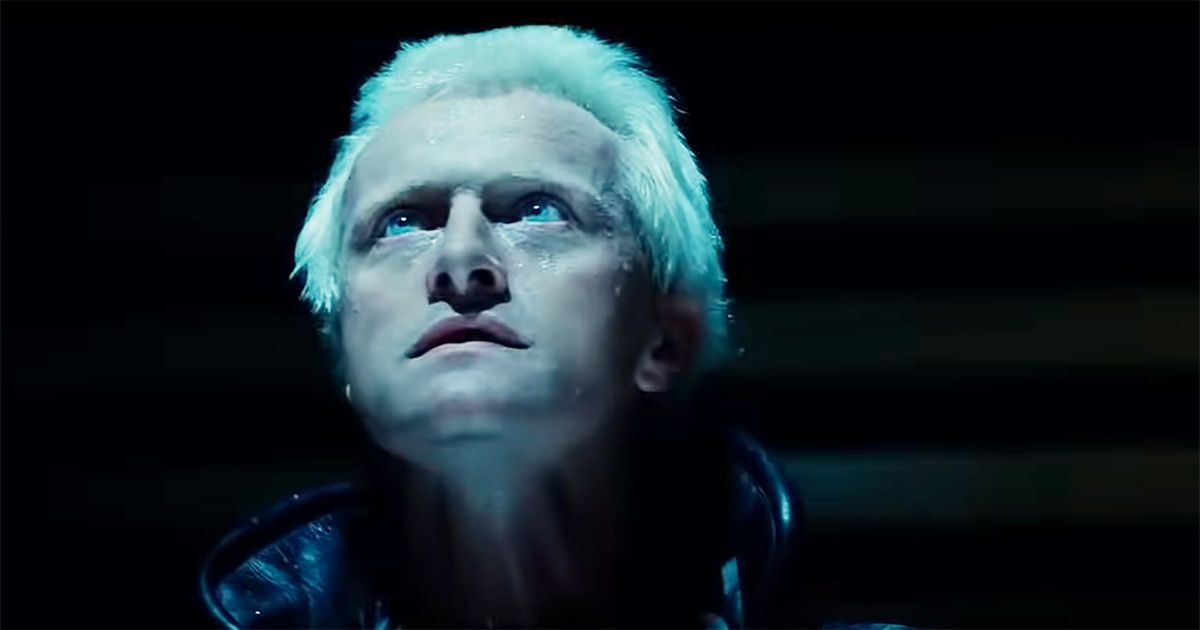
Every frame, every interaction between the characters, serves as an invitation to reflect on our own existence, to question the boundaries of empathy, and to search for meaning in a world that, much like the film itself, is beautifully fragmented yet hauntingly resonant. In summation, "Blade Runner" lingers in the mind long after the credits roll, a testament to its rich themes and the essential questions it poses about our humanity amidst the relentless march of progress.
Who Will Enjoy Blade Runner
"Blade Runner" attracts a unique audience that goes beyond the usual science fiction fanbase. Its thematic complexity and visual grandeur appeal to those who enjoy speculative stories, but the film also draws in viewers interested in philosophical questions about existence and identity. People who appreciate narratives that encourage introspection and deep thought will find "Blade Runner" especially engaging.
Consider, for example, a quiet evening when one feels inclined to ponder life's heartfelt questions. This film makes for an excellent companion during such times, offering a reflective space to explore themes of humanity, memory, and the implications of artificial intelligence.
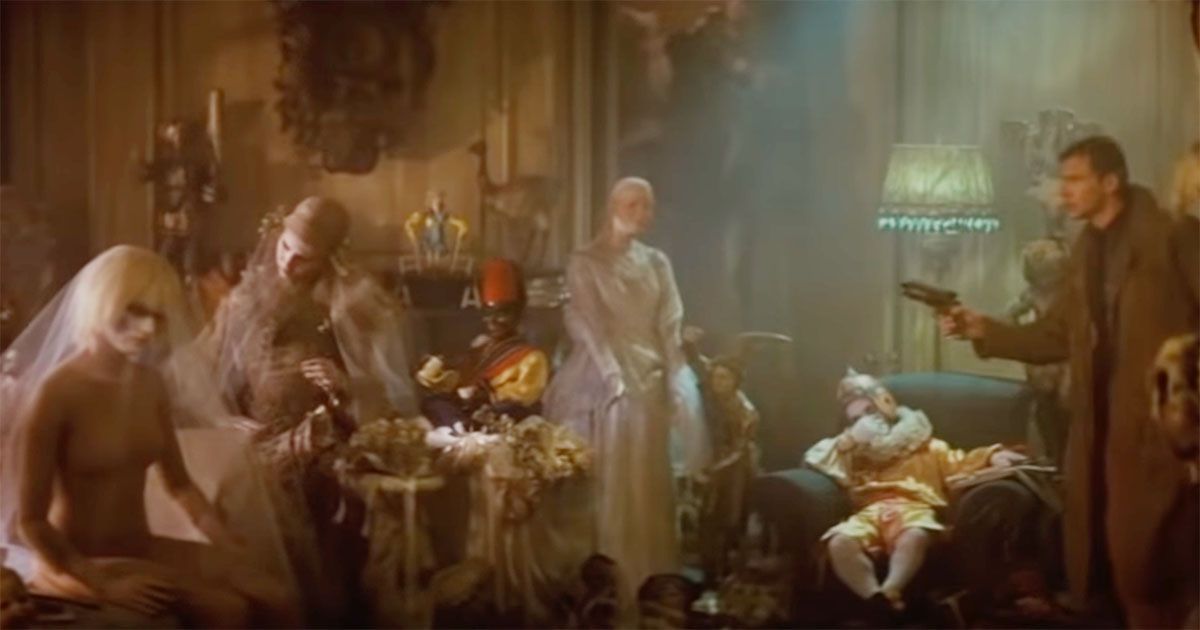
Viewers who like to discuss technology and ethics, perhaps after a seminar or book club on similar topics, will likely find "Blade Runner" captivating. The film invites conversations about our responsibilities toward what we create and the ethical questions that arise as technology advances.
Moreover, enthusiasts of visual artistry may appreciate "Blade Runner" for its outstanding production design, serving as a visual feast that warrants closer examination. Those who enjoy films that blend visual style with substance will likely find Scott's work a compelling experience. The film's rich cinematography and atmospheric sound design serve as an invitation to immerse oneself in a uniquely crafted world, making it ideal for viewers who revel in the aesthetics of cinema as much as the narratives themselves.
For cinephiles or those with an interest in film history, "Blade Runner" offers a chance to witness a pivotal moment in science fiction filmmaking. This work stands alongside other classics as a touchstone, influencing countless films and directors that followed. Watching it provides a reference point in the evolution of the genre and an opportunity to tether contemporary discussions about technology with a historical perspective.

Returning to the broader themes of the film, "Blade Runner" effectively examines the paradox of humanity through the lens of artificiality, challenging perceptions and evoking rich emotional responses. The philosophical questions it raises about identity and existence resonate deeply, creating an environment where contemplation flourishes.
Viewers navigate the rain-soaked streets and complex characters of "Blade Runner," becoming immersed in a narrative that, despite its dystopian setting, addresses concerns that remain highly relevant in today's technological world.
As for the film's worth, one finds a beautifully crafted exploration of the human condition nestled within a visually arresting package, providing a rich tapestry of ideas and a narrative that lingers in the mind.
By experiencing "Blade Runner," viewers open themselves up to a cinematic journey that transcends traditional boundaries, engaging with intellectual themes in a world both familiar and unsettling. Those who seek a film that prompts reflection and stirs the imagination will discover much merit in this pivotal classic of science fiction cinema.

